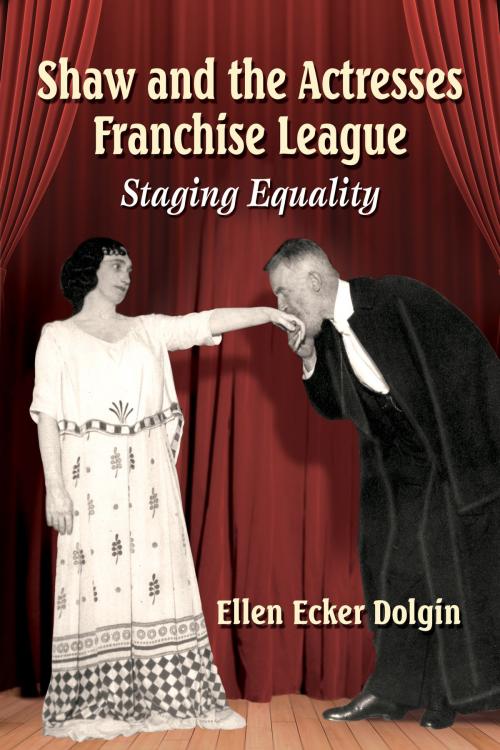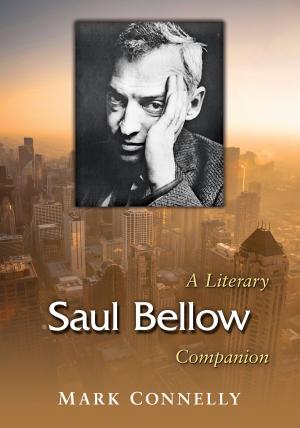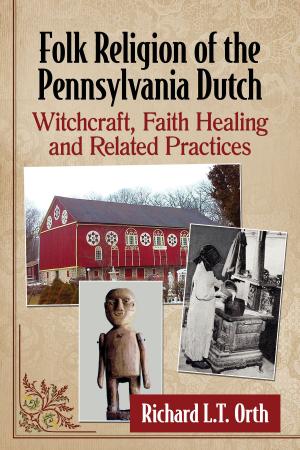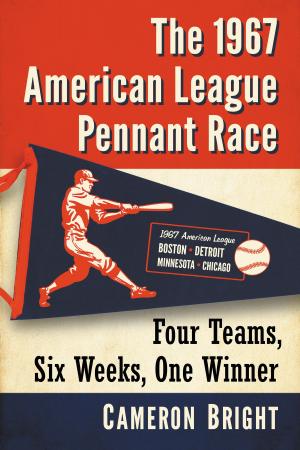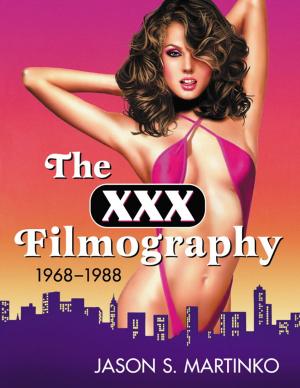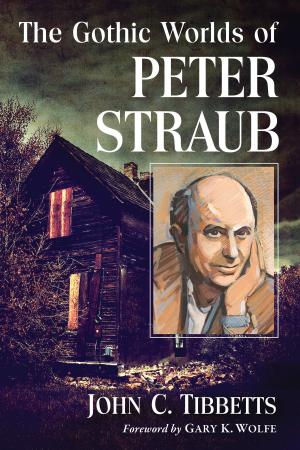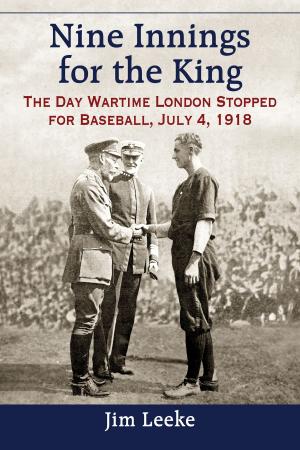Shaw and the Actresses Franchise League
Staging Equality
Nonfiction, Entertainment, Theatre, Performing Arts, Fiction & Literature, Literary Theory & Criticism| Author: | Ellen Ecker Dolgin | ISBN: | 9781476619798 |
| Publisher: | McFarland & Company, Inc., Publishers | Publication: | February 12, 2015 |
| Imprint: | Language: | English |
| Author: | Ellen Ecker Dolgin |
| ISBN: | 9781476619798 |
| Publisher: | McFarland & Company, Inc., Publishers |
| Publication: | February 12, 2015 |
| Imprint: | |
| Language: | English |
Early 20th century non-commercial theaters emerged as hubs of social transformation on both sides of the Atlantic. The 1904–1907 seasons at London’s Royal Court Theatre were a particularly galvanizing force, with 11 plays by Bernard Shaw—along with works by Granville Barker, John Galsworthy and Elizabeth Robins—that starred activist performers and challenged social conventions. Many of these plays were seen on American stages. Featuring more conversation than plot points, the new drama collectively urged audiences to recognize themselves in the characters. In 1908, four hundred actresses attended a London hotel luncheon, determined to effect change for women. The hot topics—chillingly pertinent today—mixed public and private controversies over sexuality, income distribution and full citizenship across gender and class lines. A resolution emerged to form the Actresses Franchise League, which produced original suffrage plays, participated in mass demonstrations and collaborated with ordinary women.
Early 20th century non-commercial theaters emerged as hubs of social transformation on both sides of the Atlantic. The 1904–1907 seasons at London’s Royal Court Theatre were a particularly galvanizing force, with 11 plays by Bernard Shaw—along with works by Granville Barker, John Galsworthy and Elizabeth Robins—that starred activist performers and challenged social conventions. Many of these plays were seen on American stages. Featuring more conversation than plot points, the new drama collectively urged audiences to recognize themselves in the characters. In 1908, four hundred actresses attended a London hotel luncheon, determined to effect change for women. The hot topics—chillingly pertinent today—mixed public and private controversies over sexuality, income distribution and full citizenship across gender and class lines. A resolution emerged to form the Actresses Franchise League, which produced original suffrage plays, participated in mass demonstrations and collaborated with ordinary women.
